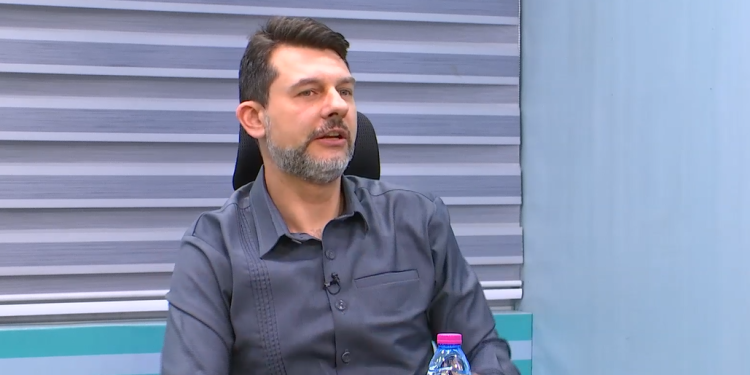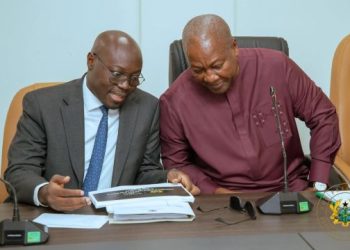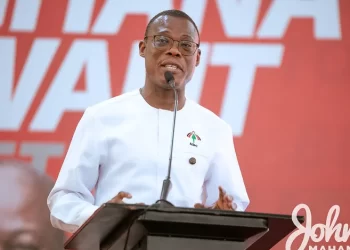The International Monetary Fund (IMF) has cautioned Ghana against returning to excessive borrowing, urging the government to maintain strict fiscal discipline and pursue sustainable economic reforms as the country works to stabilise its economy.
The warning comes as Ghana continues to implement reforms under its IMF-supported program aimed at restoring macroeconomic stability, reducing inflation, and rebuilding investor confidence following one of the most challenging economic downturns in recent years.
Speaking during a recent engagement with Ghanaian authorities, IMF representative to Ghana, Dr Adrian Alter, stressed that while progress has been made, Ghana must avoid a return to unsustainable debt practices that contributed to the current crisis.
“On the borrowing side, we have advised the government to be extremely prudent—not to go back to the same mistakes of excessive and expensive borrowing in the past,” he said on Channel One TV.
He explained that Ghana should rely on low-interest financing from multilateral institutions such as the World Bank and the African Development Bank, rather than return to the international capital markets, where borrowing costs remain high.
“When you have available concessional financing from multilateral agencies like the World Bank, the African Development Bank, and the IMF loan on concessional terms, you shouldn’t go to the international market where the interest rates are currently extremely pricy,” he said.
The Government of Ghana has reiterated its commitment to responsible borrowing, stating that ongoing reforms—including revenue measures, fiscal discipline, digitalisation, and expenditure rationalisation—are designed to prevent a repeat of past imbalances.
Earlier, Dr Johnson Pandit Asiama, Bank of Ghana (BoG) Governor, reiterated that Ghana is well-positioned to exit the IMF $3 billion Extended Credit Facility (ECF) programme when it ends in May 2026.
He said the country has started running ahead of programme targets on virtually all indicators, demonstrating a strong economic turnaround from the challenges experienced in the past few years.
He said this at the Governor Talks Series on the sidelines of the 2025 IMF/World Bank Group Annual Meetings in Washington D.C, USA, on the topic: “From crisis to confidence: Ghana’s journey to macroeconomic stabilisation.”
“We are happy to announce that we will be able to exit the fund programme come next year,” said Dr Asiama, who noted uncertainties about the programme’s continuation earlier in the year.
However, former Speaker of Parliament, Professor Aaron Mike Oquaye, expressed strong criticism of Ghana and its recurring engagements with the IMF, asserting that the country has gained little to nothing from the numerous programmes implemented under the Fund’s guidance.
According to Prof. Oquaye, Ghana’s repeated reliance on IMF interventions reflects a deeper structural weakness in the economy and a lack of long-term development planning.











